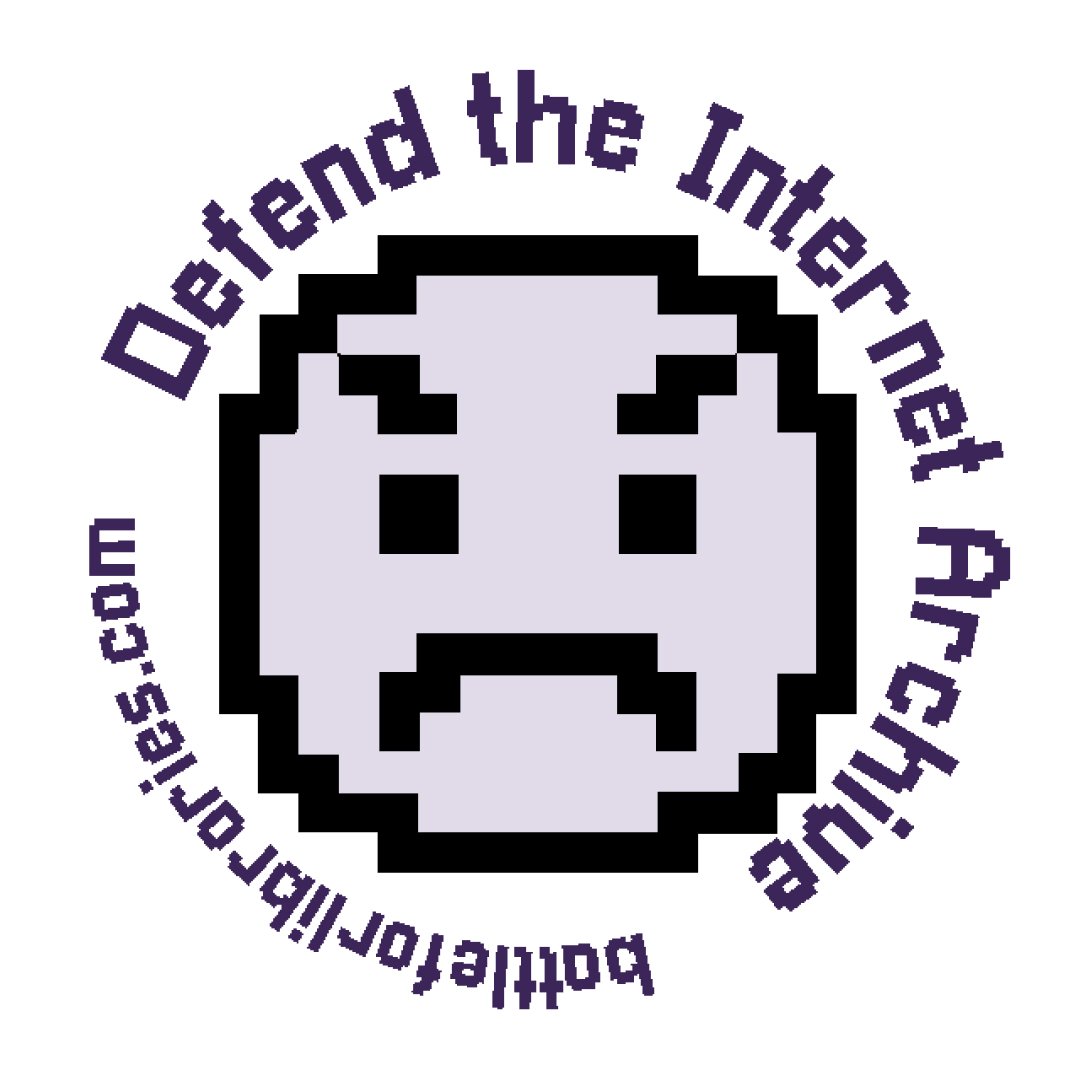I was just thinking about it after looking it up. What has it, in world affairs, actually done? What changes did it make to society that were worth making?
EDIT: I wanted to ask this because I had some thoughts on Critical Theory that I wasn’t sure of. I thought it was just empty talk that would be repeated and repeated but never acted upon. Like, what would our world look like without Critical Theory being developed? How come such a “great ideology” couldn’t actually stop the War of Terror, or the election of Donald Trump, or wealthy corporate executives becoming obscenely rich, or the Housing Crisis and Great Recession, or the Rwandan Genocide, or Russia’s invasion of Ukraine, or anything? What does it do to actually help people?
I’m mot sure I understand what kind of answer you are looking for. What did the Whig historiography achieve? Or the Great Man theory? Isn’t Critical Theory an academic approach that allows people in the humanities a different theoretical framework to approach the problems of culture, history, literature, etc? It’s been pretty successful in that, and while I believe that academic scholarship has some influence on world affairs, it’s generally the political zetgeist exerts more pressure on academic thinking than the other way around…
Well, has it solved global conflicts? Has any president or other great leader been influenced by Critical Theory? Has there been a successful government program or popular revolution based on Critical Theory? Has Critical Theory solved problems of hunger, or any resource shortage? Has Critical Theory made laws easier to understand and more fair? Things like that. I keep hearing about it, and altho some right-wingers say it’s evil, other people have more confusing answers. I’m a more classical Marxist, and I’ve read through some of it, but I can’t understand if it would help the proletariat towards revolution, or just well-being in general.
I would say it’s hard to quantify specific examples of it helping in the sense you mean, the point of it is to create more awareness of institutional prejudices that affect groups of people. Becoming aware of these prejudices is the first step towards finding ways for those institutions to provide their services more equally to people.
What’s learning good for?
Thank you for answering. The question was in such a primordial state that I had to post it here, since I couldn’t find many of the words. I have now seen that some branches of Critical Theory have been used to design a theoretical deliberative democracy that could be used someday, and not have as many problems as today. There is also work by very new authors to use Critical Theory to answer “What is to be done?”, which I wondered was possible.
It has informed legislators that laws they otherwise might support, have racially biased flaws. That’s pretty much the sum total of it’s influence on anything.
It’s an academic concept that was never intended for the masses, and it seems to have caused more harm than good.
deleted by creator
How? I’ve read a bit about it, but I’m not exactly sure what you’re describing.
deleted by creator
So… you’re telling him not to communicate? Are you the embodiment of critical theory?
Are you the embodiment of critical theory?
Exactly
Buddy that response and attitude is the exact opposite of helping and reinforces every negative thing people say about critical theory.
Exactly
Bitch, words have wildly varying meanings. What does “embolden” mean here? What does “communication” mean here? Is this a religious thing? The transcription process of DNA can be described, as can the movement of planets, and what causes fire to burn and extinguish, but for some reason this is too esoteric for me to understand because of “the system”. What is this “system”? What isn’t this “system”? Is this the Anything-But-Class theorizing that Parenti was talking about?
deleted by creator



